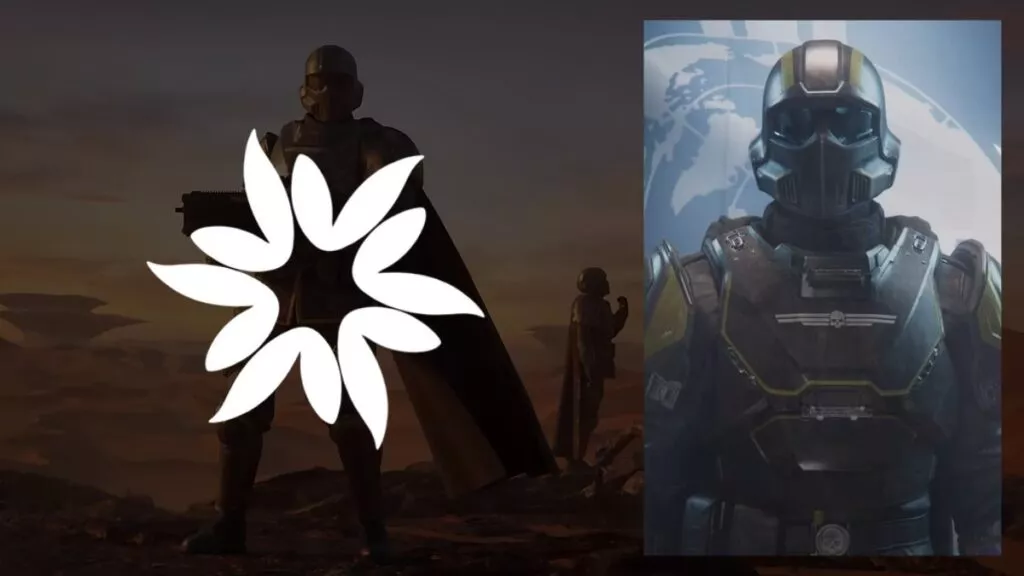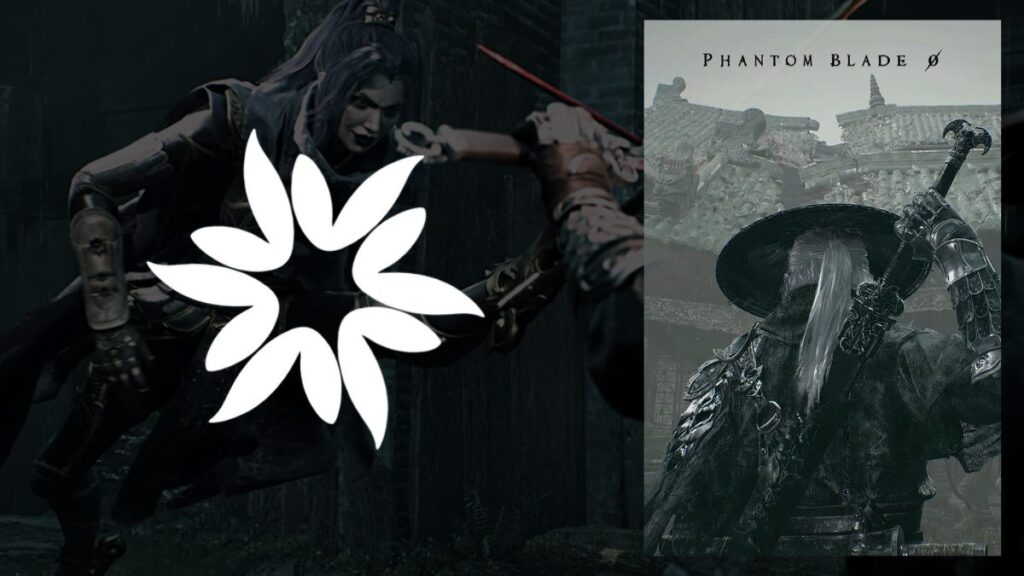Key Takeaways
- Square Enix has partnered with Elixir to increase adoption of web3 gaming, despite industry skepticism.
- Asia's dominance in gaming and rise as a blockchain hub is crucial to the success of web3 gaming.
- Investments in web3 games are on the rise, with mainstream companies exploring their potential.
- NFT integration in video games has largely failed, due to player backlash and concerns about scams and environmental impact.
- Despite the lack of success, a niche community of NFT gaming enthusiasts remains hopeful about the potential of this technology in the gaming world.
Japanese gaming giant Square Enix has entered into a strategic partnership with web3 gaming platform Elixir to increase visibility and adoption of web3 games among traditional gamers.
Elixir is a PC games distribution platform that presents web3 games alongside regular games, with the intention of normalizing web3 gaming for players.
Despite significant backlash against web3, blockchain, and NFTs in the gaming community, Square Enix remains steadfast in its commitment to integrating these technologies.
The company’s vision for 2023 includes aggressive investment in blockchain technology and NFTs, as evidenced by their recent release of Final Fantasy 7 NFT trading cards.
Asia’s Influence on Blockchain Gaming
Asia’s dominance in the gaming sector and its rise as a blockchain hub make the region crucial to the success of web3 gaming.
The region boasts 1.7 billion gamers and accounts for $72 billion in revenue, representing 52% of the global annual gaming revenue. East Asia, with China, Japan, and South Korea at the forefront, is particularly influential.
DappRadar’s report revealed that in Japan, over 40% of surveyed respondents were aware of blockchain gaming, with 57% holding a positive impression.
Additionally, airdrops have proven to be an effective way to incentivize new gamers, with 55% of surveyed gamers willing to try out a new game if they were promised free tokens through an airdrop.
Investments in Web3 Games on the Rise
According to a recent report by DappRadar, investments in web3 games increased by almost 13% in Q1 2023, with $739 million invested in blockchain games during that period.
Despite a slight decrease in unique active wallets (UAW) in the space, mainstream companies like Nvidia, Ubisoft, and Microsoft are exploring the potential of web3 gaming.
Asia is expected to dominate the web3 market, accounting for 80% of the sector. The continent is home to 55% of the global gaming population and is witnessing increased attention from traditional gaming giants like Square Enix and Nexon, who are developing web3 games like Symbiogenesis and MapleStory Universe, respectively.
Management Changes at Square Enix
As Square Enix continues to invest in blockchain gaming, the company announced the resignation of President Yosuke Matsuda, who will step down in June 2023.
Matsuda will be succeeded by Takashi Kiryu, currently serving as chief strategy officer. The change is part of the company’s efforts to adopt evolving technological innovations and maximize creativity in the entertainment industry.
During Matsuda’s tenure, Square Enix faced some high-profile release flops and sold western studios Eidos Montreal, Crystal Dynamics, and Square Enix Montreal to Embracer Group for $300 million.
The company’s first NFT game, Symbiogenesis, launched last year, and Square Enix plans to release more blockchain games in 2023.
NFT Integration in Video Games Fails
Major gaming companies like EA, Ubisoft, Square Enix, Zynga, Niantic, and Take-Two Interactive had all announced plans to integrate NFTs into their games, but these plans have largely been met with player backlash, leading to their cancellation.
The crypto market also experienced a bust, which has further contributed to the decline of NFTs in the gaming world.
NFT Gaming Community Seeks New Path
Despite the failure of NFT integration in mainstream games, the NFT gaming community still believes the technology can find a place in the gaming world.
However, developers and players now face the challenging task of figuring out what an NFT video game looks like and why anyone would want to play one.
Elixir is a PC games distribution platform that presents web3 games alongside regular games, with the intention of normalizing web3 gaming for players.

Problems with NFT Technology
The NFT market is plagued by scams, pump-and-dumps, and crypto rackets called rug pulls. There are also concerns about the environmental impact of the technology, which requires significant computing power.
AAA Studios and NFT Adoption
Ubisoft was the first AAA video game studio to announce NFT integration in the game Ghost Recon Breakpoint, but the initiative was met with massive backlash and ultimately failed. As a result, major video game publishers have no current plans to create NFT products that work with a competitor’s game.
The Current State of NFT Games
Despite the lack of success with mainstream games, there are still various NFT games available, with genres like collectible cards, monster-catching games, fantasy sports-based projects, and Minecraft-esque platforms being the most popular.
However, these games face challenges such as low user numbers, scams, and hacks, which have tainted the reputation of the NFT gaming industry.
Players as Investors in NFT Games
In NFT games, players are also investors, as the popularity of a game directly impacts its in-game economy. This relationship between players and their investments blurs the line between genuine enjoyment and financial interest. Some smaller NFT games have achieved interoperability, allowing players to use their NFTs in multiple games within the community.
Dwindling Hype Around NFTs
In conclusion, the initial hype around NFTs in the gaming industry has significantly dwindled due to multiple factors, such as negative reactions from gamers, a slump in the crypto market, and the prevalence of scams and fraudulent activities.
While major gaming companies have retreated from integrating NFTs in their games, a niche community of NFT gaming enthusiasts remains hopeful about the potential of this technology in the gaming world.
The future of NFTs in video games is uncertain, and it will be up to the developers, players, and the industry as a whole to determine whether there’s a viable and sustainable path forward.
For now, NFT gaming continues to evolve and adapt, with a dedicated community exploring new ways to incorporate blockchain technology and digital assets into their gaming experiences.
As the industry matures and learns from its early mistakes, it is possible that NFTs may eventually find a more suitable and accepted role in the ever-changing landscape of video gaming.








